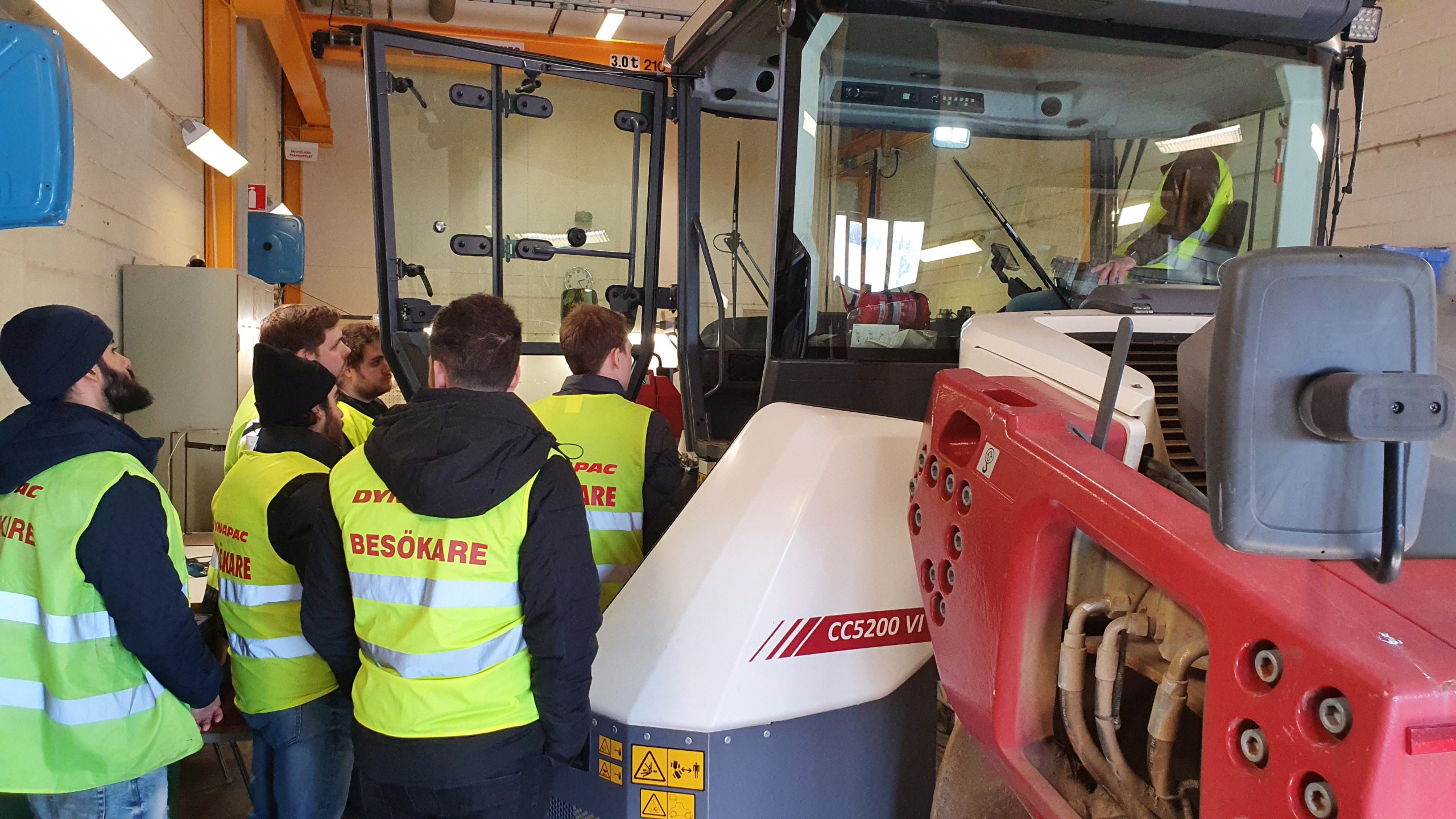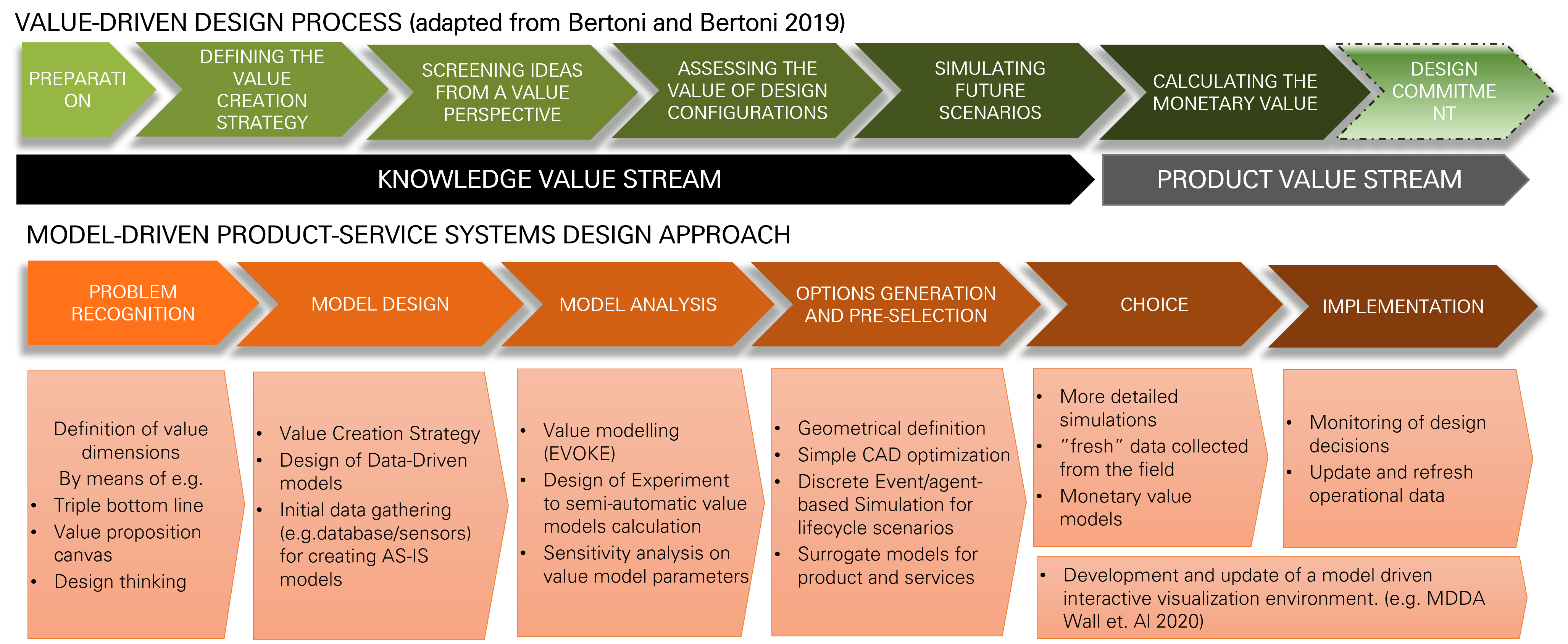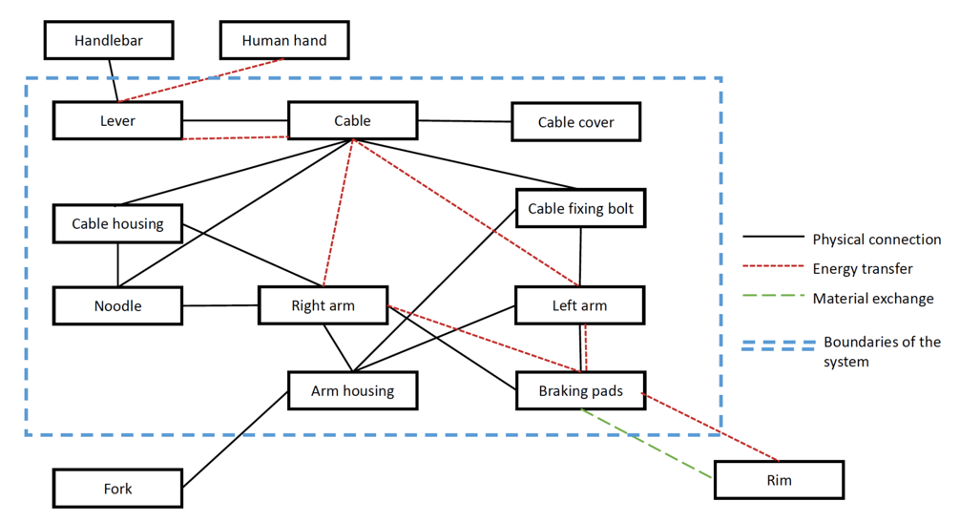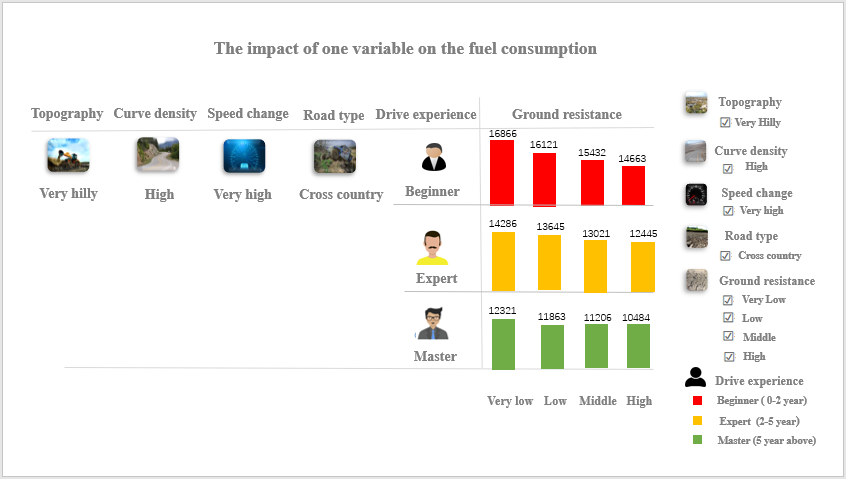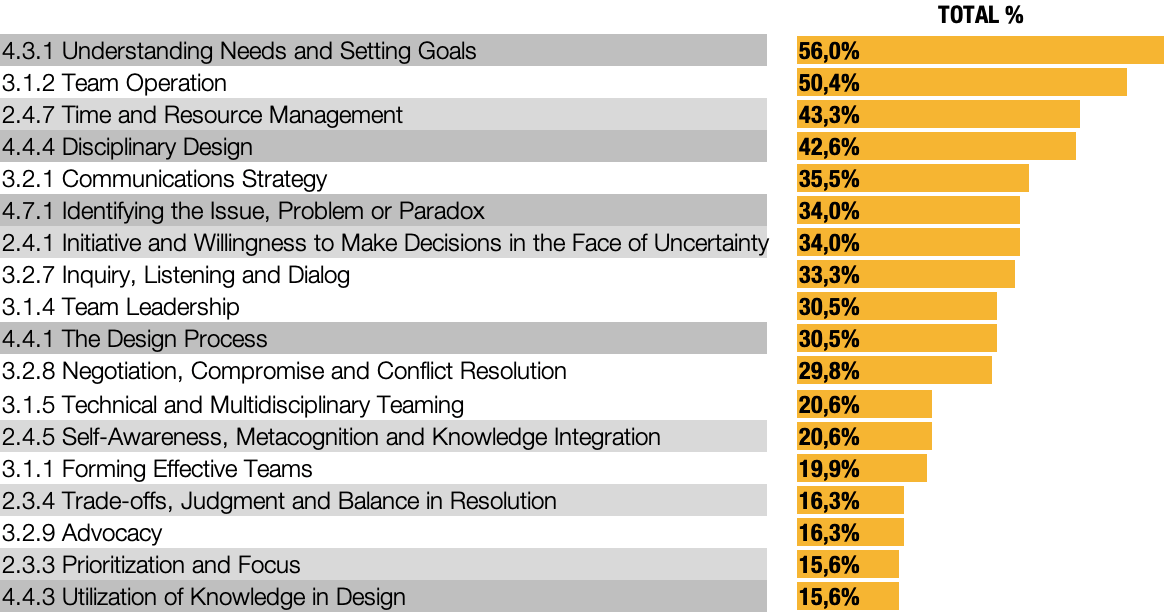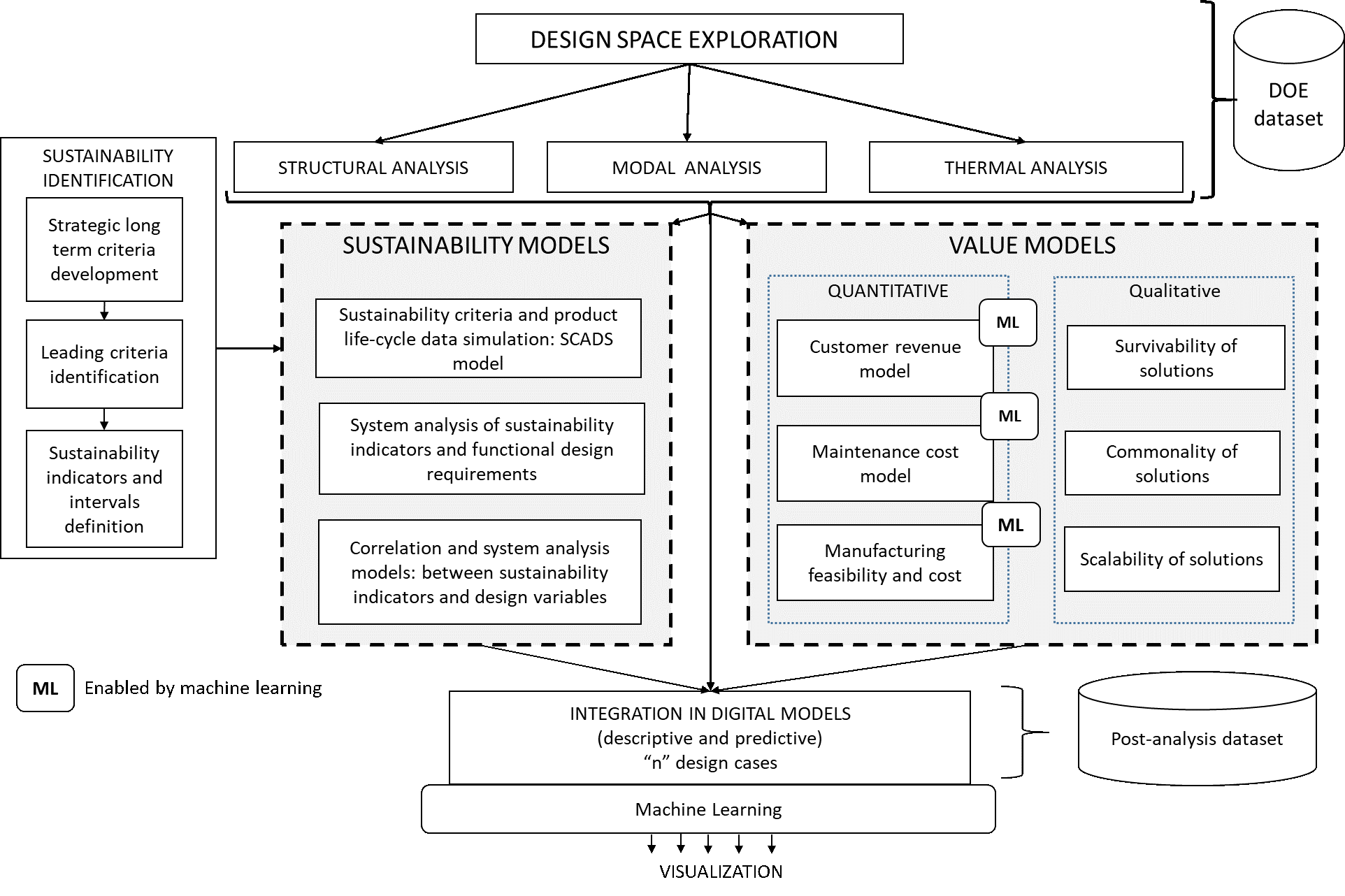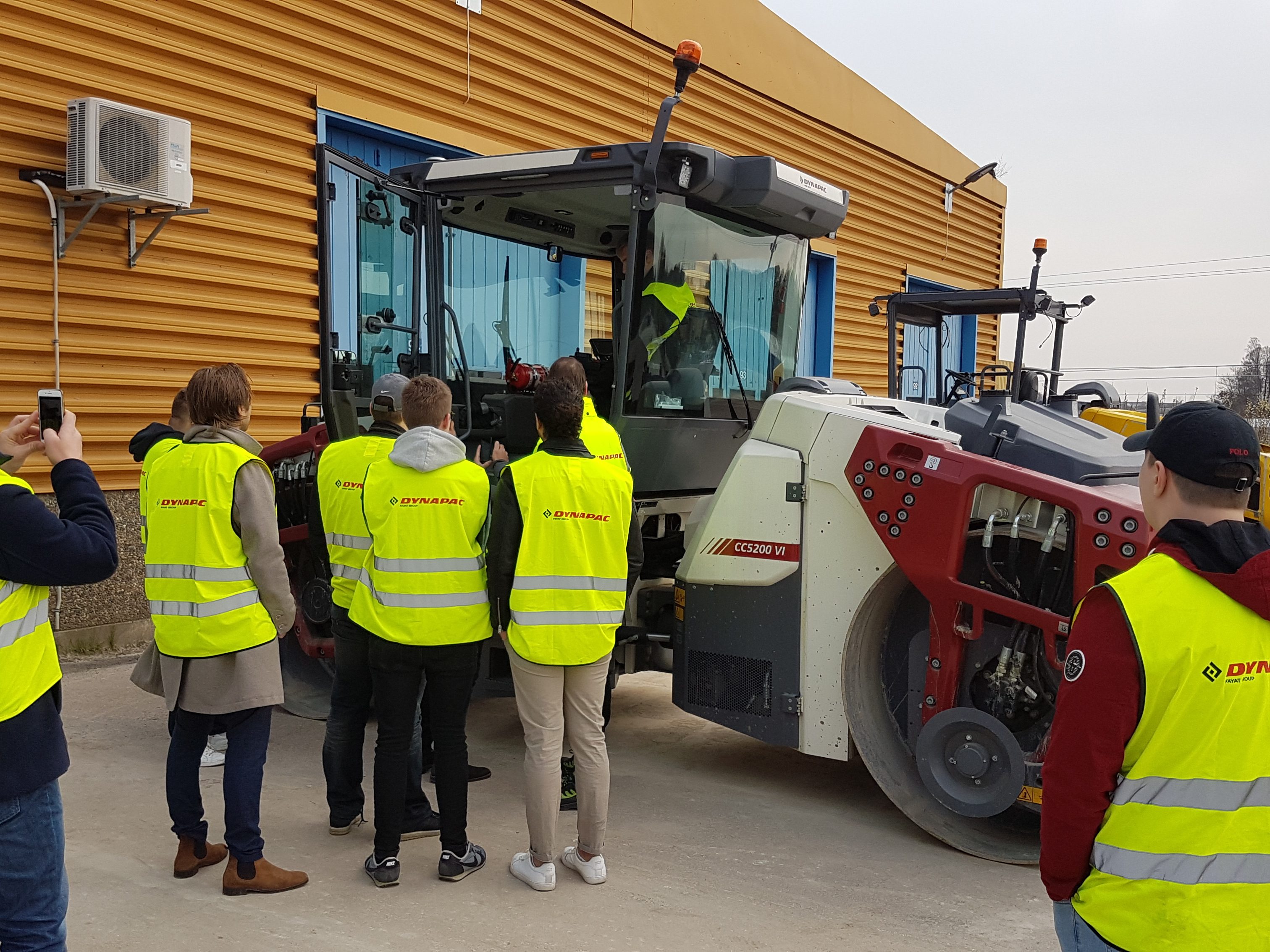The PROSUCCO project focuses on supporting sustainable Co-configurability of High Value Low Volume (HVLV) products in the conceptual design phase. The HVLV industry entails complex, flexible processes encompassing consistent effort in engineering to order. The PROSUCCO project aims to support the development of HVLV products by developing innovative engineering design and systems engineering approaches to […]
Read More
PROSUCCO – PRO SUstainable Co-COnfiguration | 2024
- 12th April 2024
- 2 Comments


